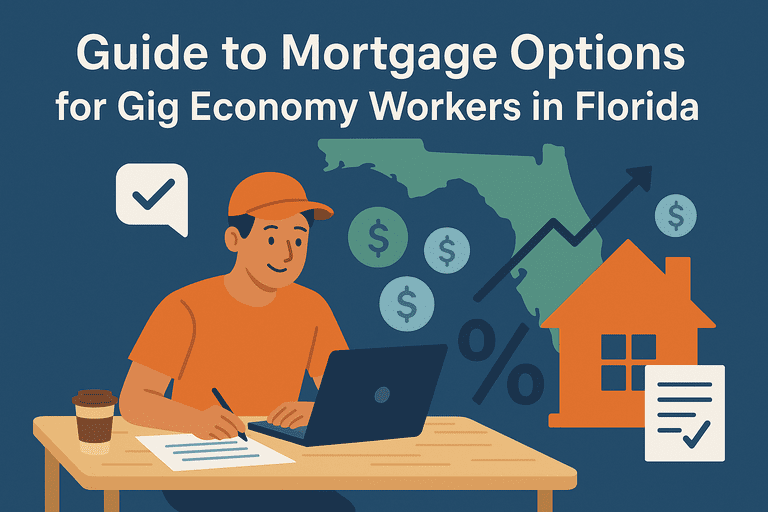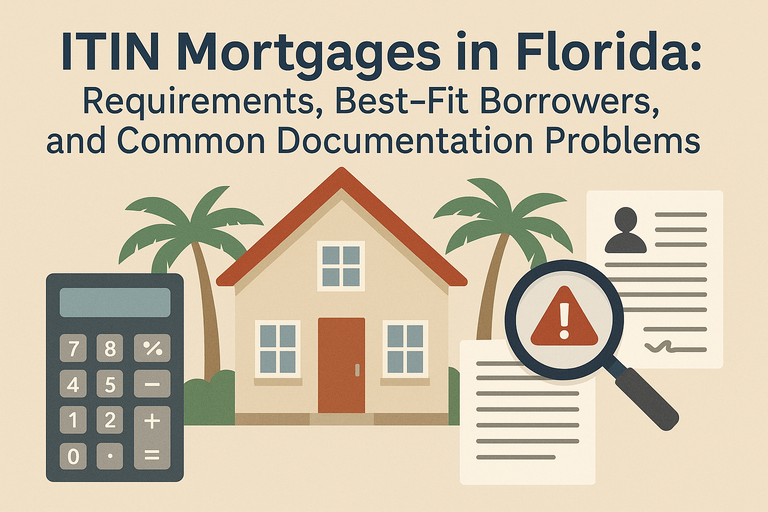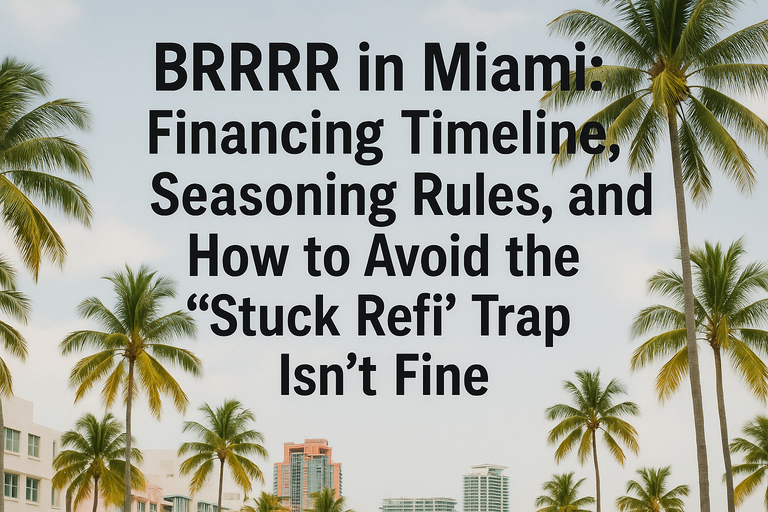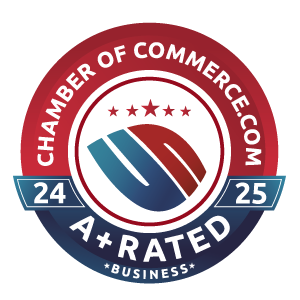The rise of the gig economy has transformed the way millions of Americans earn a living, and Florida is no exception. From Uber drivers and freelance designers to independent real estate agents and Airbnb hosts, gig workers now make up a significant share of the state’s workforce. However, when it comes to buying a home, securing a mortgage can be challenging.
This guide to mortgage options for gig economy workers in Florida breaks down the unique challenges freelancers face, the loan programs that work best, and strategies to boost approval odds—so you can achieve homeownership without sacrificing your financial stability.
Understanding the Mortgage Challenges for Gig Workers
Traditional mortgage approvals are built around W-2 employees with steady paychecks, but gig workers often have:
-
Irregular monthly income
-
Multiple income streams
-
Complex tax returns with business deductions
-
Limited proof of long-term employment stability
Because of these factors, lenders may view gig economy workers as higher-risk borrowers. But with the right preparation and knowledge, you can still secure a competitive mortgage in Florida.
Common Mortgage Options for Gig Economy Workers in Florida
While there’s no single “gig worker mortgage,” several programs cater to self-employed and non-traditional earners.
1. Bank Statement Loans
Instead of W-2 forms, lenders review 12–24 months of personal or business bank statements to determine average income. This is a popular choice for gig workers with fluctuating earnings.
Pros:
-
No need for traditional income verification
-
Allows for higher business expense deductions on tax returns
Cons:
-
Higher interest rates compared to conventional loans
2. Conventional Loans with Alternative Documentation
Fannie Mae and Freddie Mac allow self-employed borrowers to qualify using tax returns, profit-and-loss statements, and asset documentation. Strong credit and a low debt-to-income ratio are essential here.
3. FHA Loans
FHA mortgages are more flexible with credit scores and down payments, making them appealing for gig workers who may not have a perfect financial profile.
4. Non-QM (Non-Qualified Mortgage) Loans
These loans are designed for borrowers who don’t fit traditional lending guidelines. They often accept alternative income verification methods like asset depletion, rental income, or even cryptocurrency holdings.
5. VA Loans
For veterans and active-duty service members in the gig economy, VA loans offer no down payment, competitive rates, and relaxed credit requirements.
How to Strengthen Your Mortgage Application as a Gig Worker
Maintain Consistent Income Records
Even if your earnings fluctuate, showing a stable or upward trend over two years reassures lenders.
Reduce Your Debt-to-Income Ratio
Pay down existing debts to improve your eligibility for better mortgage terms.
Separate Personal and Business Finances
Having distinct bank accounts for business and personal use makes income verification much smoother.
Improve Your Credit Score
Pay bills on time, avoid new debt, and consider a secured credit card if your score needs improvement.
The Florida-Specific Advantage
Florida’s diverse housing market offers opportunities for gig workers in urban, suburban, and rural settings. Additionally, the state’s lack of income tax can help boost disposable income—something lenders often see positively when calculating affordability.
Working with a Florida Mortgage Broker
Local expertise can make a world of difference. An experienced Florida mortgage broker—like My Miami Mortgage Broker—understands which lenders are most flexible with gig economy applicants. They can:
-
Shop across multiple lenders for competitive rates
-
Match you with programs that accept alternative income documentation
-
Help you navigate Florida-specific mortgage incentives
Final Tips for Gig Economy Workers Seeking a Mortgage
-
Plan Ahead: Start preparing your documentation at least six months before applying.
-
Save for a Larger Down Payment: This can offset lender concerns about irregular income.
-
Consider Co-Borrowers: If possible, applying with someone who has W-2 income can boost approval odds.
-
Stay Organized: Keep digital copies of tax returns, invoices, contracts, and bank statements for easy submission.
Conclusion
Buying a home as a gig economy worker in Florida is absolutely possible—with the right approach. By exploring mortgage options for gig economy workers in Florida, keeping meticulous income records, and working with a knowledgeable local broker, you can overcome traditional lending barriers and secure a home loan that works for your lifestyle.
Whether you’re a full-time freelancer or balancing multiple gigs, your path to homeownership starts with understanding the mortgage programs tailored to your unique situation.






